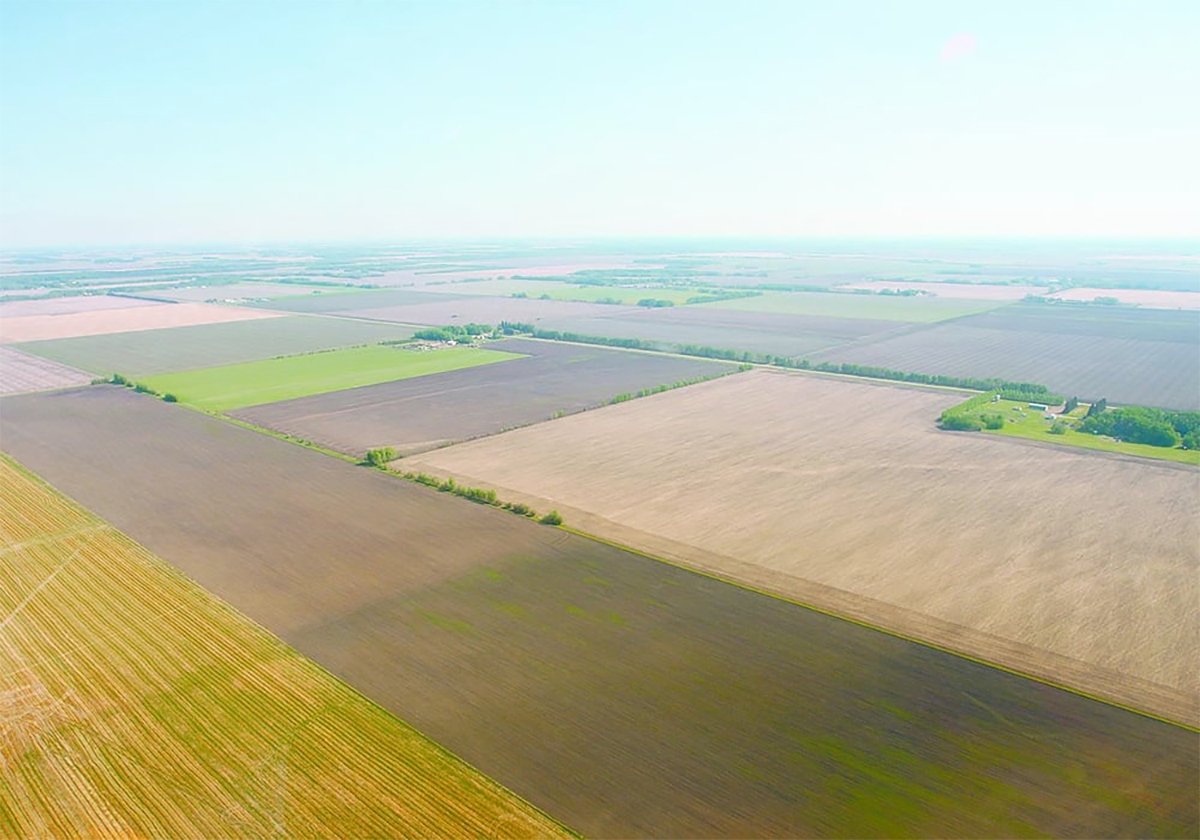Until recently, farmers who wanted to hold onto their land but no longer wanted to farm it themselves had one option — to rent it to another farmer.
After that, they had only the option of liking or not liking how the renter farmed the land — how quickly the land was seeded, sprayed and harvested.
Statistics Canada’s most recent agriculture census showed that almost 40 percent of Canadian farmland is rented.
Saskatchewan Agriculture found in a 2012 survey that rental rates there varied from $6.25 to $140.60 per acre, while in Alberta, it varied from $62 to $150 per acre. In Manitoba, Manitoba Agriculture said rental rates are about $63 to $77 per acre.
Read Also

Saskatchewan amends farm land ownership regulations
The Canada Pension Plan Investment Board can no longer own Saskatchewan farmland.
Today, producers have another option: hire someone to custom farm their land.
The practice is less common here than in the United States, although it is more common on Ontario dairy farms. As with any choice, there are pros and cons to consider.
Strategies – After the farm:
Should you go or can you stay?
Retirees rev up the RV and hit the road
Thinking of buying a vacation property in Arizona?
Hiring a custom farming operator allows the landowner to retain control of the business, to still be in charge, while staying away from the physical labour. He or she makes all the farming decisions — what to plant and where to plant it, what to put on it and what to leave off — and receives all the income from sales. Then, as the owner, he pays the custom operator and at tax time claims that bill as an expense.
The custom operator provides the equipment and labour to perform any or all crop production activities so the producer doesn’t have to upgrade or invest in new equipment. Typically, custom operators run state of the art equipment.
Custom operators typically service their repeat customers first. That’s only good business practice, but what happens when you’re the new kid in the field?
Disease and weed seed can be spread through contaminated equipment.
And as always whenever people come together, especially in times of high stakes and high stress, there can be conflict. Who said what? Who promised that? Why didn’t you know what I meant?
Daryl Maurer is a retired farmer living near Grenfell, Sask. He rents land to a young farmer in the district. When he first quit actively farming, he and his wife decided to hire custom farmers for a portion of their farm. It didn’t work.
“Well, we did that for about 200 acres after we retired and we didn’t make any money,” he says.
Statistics from Alberta in 2014 show that seeding with an air seeder would average $20 to $28 per acre. Direct seeding/zero till ran from $21 to $30 per acre while floater trucks were from $7.50 to $9.50 per acre. Aerial seeding cost around $9.50 per acre.
Also in Alberta, fertilizer application costs started at $6 to $10.85 per acre for a floater truck application.
For wing spin spreaders, costs were from $8 to $12.50 per acre, liquid or granular ran at $9 to $11.90 per acre and anhydrous came in at $17.50 per acre.
Herbicide application was $5.50 to $11.90 per acre.
This information is from Alberta Agriculture and should be considered only a guideline. Costs can vary greatly from farm to farm.
Producers contemplating a custom farming arrangement should work out a written agreement.
Work expectations need to be agreed upon. Is the custom operator expected to supply fuel and food? Will you monitor the work as it’s being done?
Agree on what you think is fair. If you need help, ask other farmers who’ve gone this route .
Discuss what happens if the job is cancelled or delayed, if your work isn’t ready when the crew shows up, if the operator has broken down, and the timing of payments.
Charles Chatterson custom farms near Wolseley, Sask. He thinks renting out land will remain the norm.
“They do not want it custom farmed,” he says. “They feel it’s too much risk and not enough profit. “
But if they are selecting a custom operator, Chatterson advised farmers to find one who lives close enough to monitor for bugs and disease on an almost daily basis. The custom operator will do this but there will be a fee.
As for payment, “when the job is done, we get paid the day after.”
But he adds that he might also consider setting up progressive payments divided over six months.
















